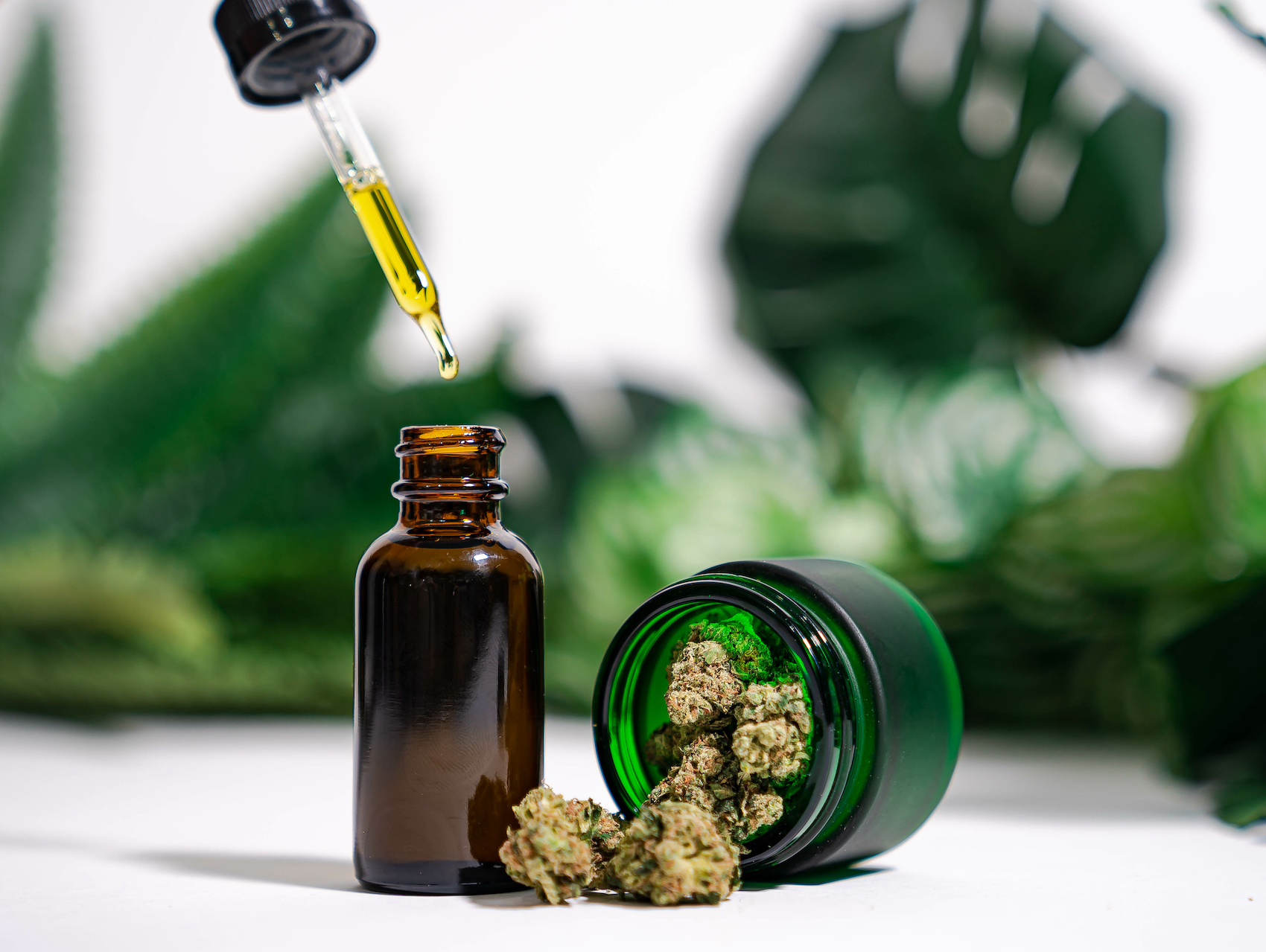Cannabigerol CBG products are a relatively new development in the cannabis market. CBG is one of the cannabinoids found in cannabis plants and is the precursor to THC and CBD.
CBG has a range of potential medical benefits, which is why it is becoming increasingly popular as a therapeutic compound. Some of the benefits associated with CBG include reducing inflammation, treating anxiety and depression, and reducing pain.
Cannabigerol products are still relatively rare but are likely to become more popular in the future as more research is conducted into its potential benefits.
What Is Cannabigerol (Cbg) Good For?
Cannabigerol (CBG) is a little-known cannabinoid gaining attention for its potential health benefits. CBG is non-intoxicating and accounts for less than 1% of the cannabinoids in cannabis. However, it’s believed to play a key role in developing other cannabinoids.
CBG has been shown to have anti-inflammatory, antibacterial, and anticancer properties. It may also help with conditions such as Glaucoma, psoriasis, and Huntington’s disease.
Is Cannabigerol (Cbg) Stronger Than Cbd?
There is a lot of confusion around Cannabigerol (CBG) and its effects compared to CBD. CBG is the chemical precursor to CBD and THC. While it is a lesser-known cannabinoid, it is up to five times more effective than CBD.
CBG has been shown to reduce inflammation, pain, and anxiety. It is also an effective treatment for psoriasis, eczema, and other skin conditions. In addition, CBG is non-psychoactive, meaning it does not produce the “high” associated with THC.
How Cannabigerol (CBG) Is Made:
CBG is produced in the cannabis plant in very small quantities. It is the first cannabinoid to form and is present in the plant before THC or CBD. CBG is then converted into THC or CBD as the plant matures.
CBG has been shown to have anti-inflammatory, analgesic, and antibacterial properties. It may also help treat
How Cannabigerol (CBG) Works:
Cannabigerol (CBG) is a phytocannabinoid that was discovered in the early 1960s. It is one of over 100 cannabinoids that have been identified in the cannabis plant. CBG is non-psychoactive and does not cause a “high”.
CBG has several potential medical applications. It effectively treats Glaucoma and is also being studied for its ability to inhibit tumour growth. CBG is also being investigated as a treatment for anxiety and depression.
Benefits of CBG:
It reduces Inflammatory Bowel Disease:
CBG, a non-intoxicating cannabinoid found in cannabis, has been shown to reduce inflammation in a mouse model of colitis. The study, published in the journal “Molecular Pharmacology,” found that CBG treatment reduced inflammation and damage to the colon and increased the number of cells that produce mucus, which protects the lining of the gut.
CBG is thought to work its anti-inflammatory magic by activating the receptors CB1 and CB2, which are known to play a role in inflammation.
It has Therapeutic Potential for the Treatment of Glaucoma:
Cannabigerol (CBG) is a non-intoxicating cannabinoid found in the cannabis plant. Recent studies suggest that CBG has therapeutic potential for the treatment of Glaucoma.
Glaucoma is a condition that results in damage to the optic nerve and can lead to blindness. The root cause of Glaucoma is an increase in pressure within the eye, which can damage the optic nerve.
CBG has been shown to reduce eye pressure, making it a potential treatment for Glaucoma. In one study, CBG was found to reduce eye pressure.
It Acted As A Neuroprotectant:
CBG, one of the non-psychoactive cannabinoids found in cannabis, has been shown to have several medicinal benefits. A study recently published in the journal “Neuropharmacology” found that CBG acted as a neuroprotectant, protecting the nerve cells in your brain from damage.
This is important because neurodegenerative diseases such as Alzheimer’s and Parkinson’s can cause significant damage to the brain. There is currently no cure for these diseases, but if CBG products can be shown to protect the brain from damage, it could be an important step in finding a cure.


